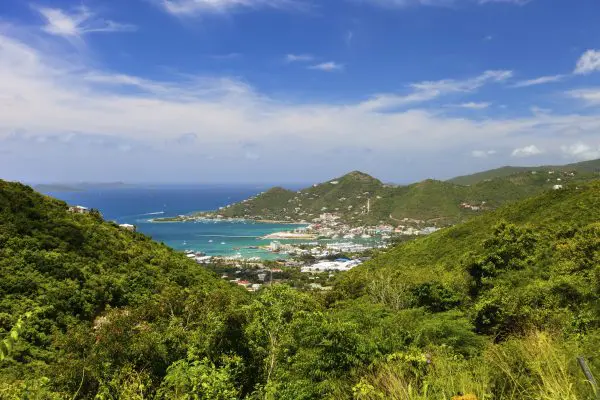Known worldwide for its robust shipping registry, trusts, funds, and corporate law sectors, the British Virgin Islands has also emerged as a globally competitive jurisdiction for registering and protecting the intellectual property of BVI companies and independent brand owners. The territory’s trade mark regime also provides full accommodation for trade mark licensing and related matters.
Who Can Grant a Registered Trade Mark Licence?
In the BVI, a trade mark owner may grant a licence to a third party, authorizing the licensee to use a registered trade mark in the manner declared by the licence. A licence may also authorize a licensee to grant a sub-licence.
Notably, the BVI’s Trade Marks Act provides that any person may, with the consent of the owner of the trade mark, be registered as a licensee of the trade mark, even though a trade mark has not been registered, but an application for registration has been filed at the BVI Trade Mark Registry.
General or Limited Licence
A trade mark license is an agreement in which the owner of a trade mark permits another person to use the trade mark in connection with specific goods or services. For example, the owner of a professional sports team may allow a clothing manufacturer to print their team’s name and logo on their products.
It is important to note that a trade mark license is different from a trade mark assignment.
In the BVI, a licence to use a registered trade mark may be general or limited. For example, a limited licence may apply to:
- some, but not all, of the goods or services covered under the registered trade mark
- the use of the trade mark in a particular manner or locality
Exclusive Licence
An exclusive licence authorizes only the licensee to use a registered trade mark in conformity with the licence, which can be general or limited. No other person, including the person that granted the licence, may use a trade mark that has an exclusive licence.
Based on the terms and conditions of the licence, the exclusive licensee is entitled to the same rights and remedies in respect of matters subsequent to the grant of the licence, as if the licence had been an assignment.
Additionally, an exclusive licensee has the same rights against a successor in title as they did against the original person who granted the licence.
Grantors and Grantees
A licence issued under the BVI trade marks legislation must be in writing and signed by or on behalf of the grantor of the licence. Where the grantor is a body corporate, the seal of the body corporate needs to be affixed to the licence agreement.
Important to note is that a licence is binding on the successor in title to the grantor’s interest, unless the licence stipulates otherwise.
Cancellation of a Licensee’s Trade Mark
The Registrar has the authority to cancel the registration of a trade mark licensee in specific circumstances. Section 88 of the Trade Marks Act provides as follows:
- the trade mark is no longer registered
- the application for registration of the trade mark … is abandoned, withdrawn or rejected
- the owner or licensee, in accordance with any licence agreement, applies for such cancellation
- the owner or licensee misrepresented, or failed to disclose some fact material to the application for registration, or the circumstances have materially changed since the date of registration of the trade mark
- the registration should not have been effected having regards to rights vested in the applicant by virtue of a contract in the performance of which the applicant is interested.
O’Neal Webster invites you to contact the author, Ms Feroza Kartick of our trade marks department, for any questions or further information on registering or licensing your trade marks in the BVI. She can be reached at [email protected] or +1 284-393-5800.



